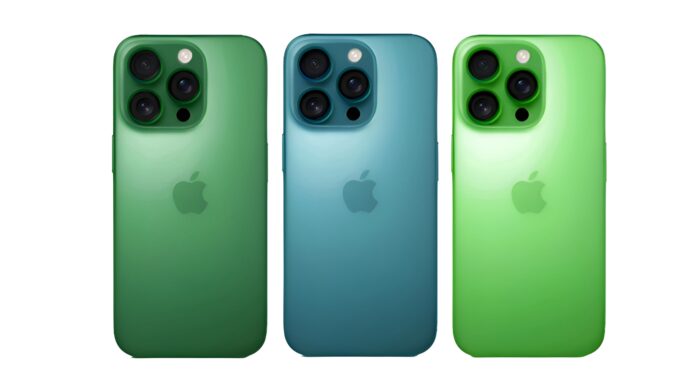The iPhone 17 Air might have been expected to steal the spotlight with its unprecedented thinness, but it appears that Apple also has big plans for the Pro models. The iPhone 17 Pro and Pro Max are set to revert to aluminium frames, moving away from the titanium used in the last two generations. Additionally, these models will feature a new design with a rectangular camera bump on the back, constructed from aluminium instead of glass.
But there’s even more to this story! The back of the iPhone will feature an aluminium top half with a glass bottom, resulting in an aluminium camera bump on an aluminium rear panel. The glass at the bottom will ensure that wireless charging remains supported. Additionally, the camera bump is expected to be larger than those on previous models, which aligns with recent trends.
If these rumours hold, it will mark the most significant design shift for Apple’s premium models in several years. Notably, the source of this rumour has a strong history of accuracy, suggesting there’s a good chance it could be correct.
iPhone 17 Air:
A rumour from last week suggested that the upcoming iPhone 17 Air device would have a thickness of 6 mm. However, a new, detailed report has revealed that the device will be even slimmer, measuring between 5mm and 6mm in thickness. This makes it remarkably thin.
For context, the iPhone 16 models measure 7.8 mm in thickness, while the iPhone 16 Pros are slightly thicker at 8.25 mm. The latest iPad Air comes in at 6.1 mm, but the iPhone 17 Air is poised to be even slimmer, potentially outdoing its namesake. However, the new iPad Pro has set a benchmark at just 5.1 mm, and it looks like Apple is targeting a similar thinness for this new slimline phone.
To achieve such a minimal profile, certain compromises were necessary. Physical SIM card support has been scrapped, moving entirely to eSIM technology. Additionally, the design only accommodates a single speaker, which serves dual purposes as the earpiece, since space constraints prevent the inclusion of a second speaker at the bottom.
The iPhone 17 Air will feature an Apple-engineered modem, anticipated to be both smaller and more energy-efficient than the Qualcomm modems currently in use. However, this modem will not support mmWave, potentially leading to slower data speeds compared to those equipped with Qualcomm chips.






